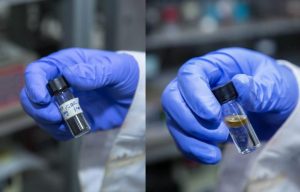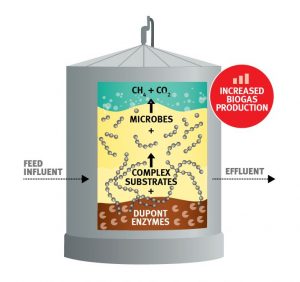There is a lot happening in the world of propane Cinch Munson with the Propane Education and Research Council (PERC) told Agwired during the recent National Association of Farm Broadcasting (NAFB) conference. One area of growth is in the engine markets including irrigation, school buses, delivery vehicles and pick-ups. Munson said they are also seeing good efficiency improvements across a lot of equipment. Another topic that PERC was discussing during Trade Talk was incentives available for farm equipment.
 Right now Munson said propane is relatively cheap so people who are switching to propane are saving money.
Right now Munson said propane is relatively cheap so people who are switching to propane are saving money.
“The Propane Council is offering incentives towards the purchase of qualifying equipment,” said Munson who noted that the program will be changing in 2017. “We’re encouraging people to use the incentive in 2016 while it’s there because in 2017 you’ll work through your dealer to get your incentive. Right now it’s an open enrollment program so we’re encouraging people to go to propane.com to see what incentives are available and to learn more about the advantages of propane on the farm,” said Munson.
The farm incentive program has just celebrated its fifth anniversary and Munson said the program has helped the industry.
“The Propane Farm Incentive Program is ultimately a research program for the propane industry,” said Munson. PERC works with equipment manufacturers to develop propane powered equipment. They then use the farm incentive program to see how the equipment is performing on the field. “Over five years we’ve seen that people are very happy about how propane equipment is operating today,” said Munson. “Manufacturers are committed to making equipment that is efficient, clean and reliable and in the field performance is being proven that propane is all those things,” he added.
To learn more about propane on the farm and propane incentives, listen to Cindy’s interview with Cinch Munson here: Interview with Cinch Munson, PERC
View and download photos from the event here: NAFB Convention Photo Album













